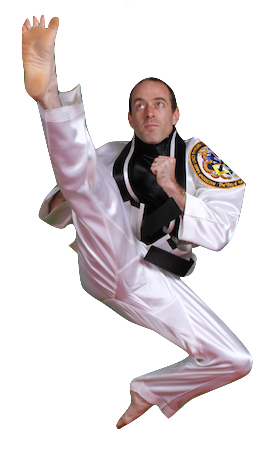
The Art Of War, By Sun Tzu
In The Art of War, the 6th century BC Japanese warrior Sun Tzu sets forth his principles of warfare in a series of concise rules and axioms. They range from the highly specific (how to adjust to different types of terrain) to the broadly strategic. Perhaps it is a testament to the book's influence that many of the general principles Tzu espouses seem obvious to the modern reader, much in the way that Hamlet seems filled with clichés simply because so many of Shakespeare's phrases have permeated the modern vernacular.
The central and most well-known of Tzu's principles is elegant: "All warfare is based on deception." Like much of the advice in this slim volume, this maxim is concise, useful, and not entirely true. It is useful because it is commonly true, and the book offers numerous variations on the notion that surprise is a useful tool in combat. But it is not entirely true, as even Sun Tzu proclaims (correctly) that warfare often is based not only on deception but also on superior skill and strength. Still, any martial artist will recognize and agree with the general idea that deception confers an advantage. To offer one example, students learn when sparring to camouflage their movements in order to avoid telegraphing an attack.
The book also offers tactical tips that double as ethical guidelines. For instance, "He will win who knows when to fight and when not to fight." This notion is central to the practice of martial arts. It goes beyond the axiom, "Pick your battles" and recognizes that victory often is achieved by avoiding conflict.
In addition to specific tactical suggestions, the Tzu describes principles of leadership that have applicability beyond the battlefield or the mat. These range from the extremely general and self-evident (a leader represents "wisdom, sincerity, benevolence, courage and strictness" and "cultivates the moral law, and strictly adheres to method and discipline; thus it is in his power to control success") to the more practical ("[a]ccording as circumstances are favorable, one should modify one's plans"--that is, a leader must be flexible and willing to deviate from the intended course as necessary; a principle that the Songahm Taekwondo instructor training program refers to as "monitor and adjust"). To Tzu, successful warfare and true leadership result not only from a talent for deception but also from a careful balance of preparation and flexibility, knowledge of one's opponent and oneself, and the ability to suppress the ego: to be one who "advances without coveting fame and retreats without fearing disgrace."


